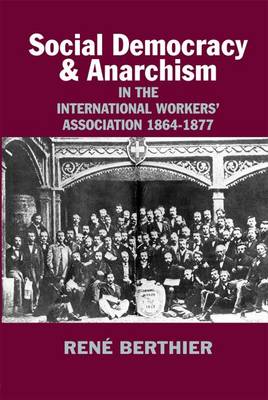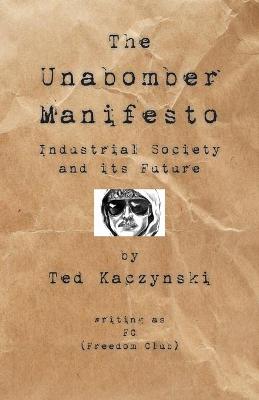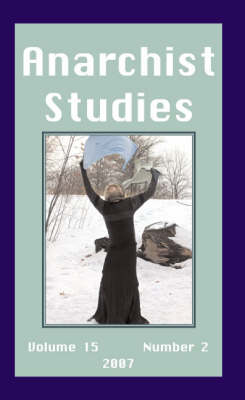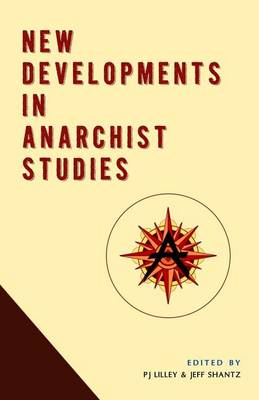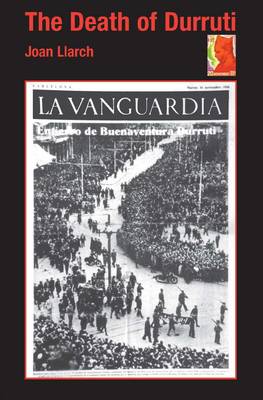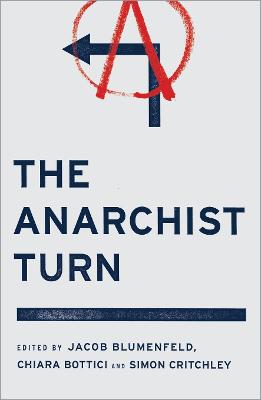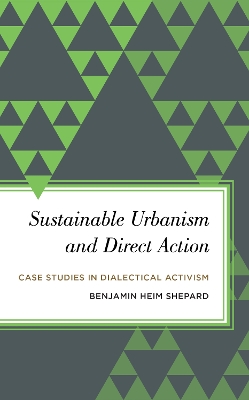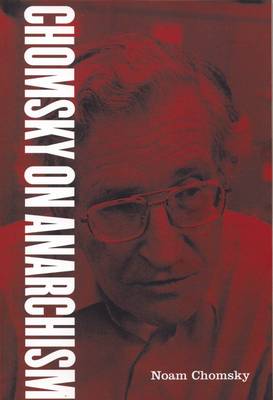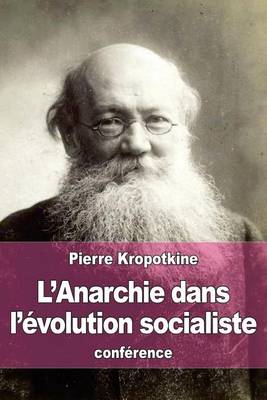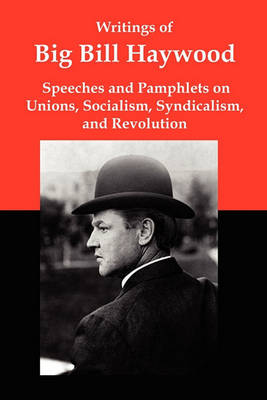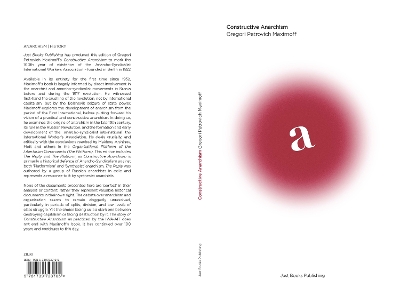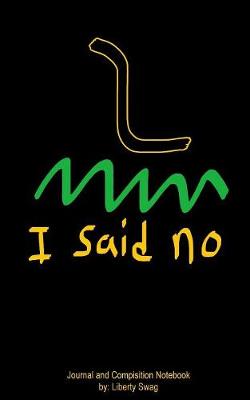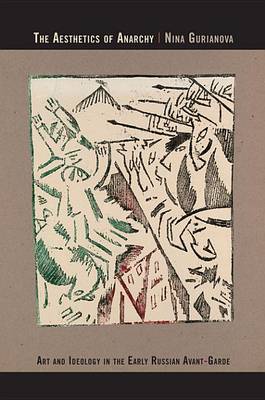This book explores the conflicts that took place in the First International. Social and economic conditions varied greatly in Europe in the 1860s and 1870s. The strategies adopted by the various federations and sections of the International Workers' Association, or IWA, reflected this diversity. Although Marx and Engels have been seen as the leaders of the International, there were many who rejected their leadership. In September 1872 an extraordinary congress took place in Saint-Imier (Switzer...
Past, Present and Future (Anarchist Studies, #15.2)
And what about this 'brief history?' Has it been too celebratory? Probably. A journal which features the word 'anarchist' in its name has been in continuous publication for the past fifteen years, and shows no signs of stopping. In my book, that is cause for celebration. Are there aspects of the journal's history which should be approached with a more critical eye? Perhaps, but I leave that for the next history, and the next historian. Diversity of engagement means, among other things, that ther...
New Developments in Anarchist Studies (Thought - Crimes, #3)
by Jeff Shantz
The Anarchist Turn
In an act of resistance against the usage of the word 'anarchist' as an insult and representations of anarchy as a recipe for pure disorder, The Anarchist Turn brings together innovative and fresh perspectives on anarchism to argue that in fact it represents a form of collective, truly democratic social organisation. In the last few decades the negative caricature of anarchy has begun to crack. As free market states and state socialism preserve social hierarchies and remain apathetic on matt...
In his new introduction to The Anarchists, Horowitz points out that anarchism is an ideology in search of a movement, and also a psychology in search of a polity. While this seems to be a paradox, the fact is that anarchism has more than one hundred thousand entries on electronic search engines, but one can search high and low for a society that embraces its essential anti-Statist vision. At the same time, anarchism continues to attract people to its premises, seemingly generation after generati...
Sustainable Urbanism and Direct Action (Radical Subjects in International Politics)
by Benjamin Heim Shepard
Urban activism can manifest in many guises, from community gardening to mass naked bike rides. But how might we theorize the evidence of the collisions between social forces that take place in our streets and public commons? Cities are formed through these collective collisions in time. This book draws on the author's own vast experience as an activist to make links between a theory of practice with rich discussion of the histories of conflicts over public space. Each chapter examines activist...
Essays in Anarchism and Religion
by Matthew S Adams and Alexandre Christoyannopoulos
How Not to Be Governed explores the contemporary debates and questions concerning anarchism in our own time. The authors address the political failures of earlier practices of anarchism, and the claim that anarchism is impracticable, by examining the anarchisms that have been theorized and practiced in the midst of these supposed failures. The authors revive the possibility of anarchism even as they examine it with a critical lens. Rather than breaking with prior anarchist practices, this volume...
Constructive Anarchism
by Gregori Maximoff, Makhno, Archinov, Mett, Valevsky, Linksy, and Sobol, Schwartz, Steimer, Voline, Lia, Roman, Ervantian, Fleshin.
In this groundbreaking study, Nina Gurianova identifies the early Russian avant-garde (1910-1918) as a distinctive movement in its own right and not a preliminary stage to the Constructivism of the 1920s. Gurianova identifies what she terms an "aesthetics of anarchy" - art-making without rules - that greatly influenced early twentieth-century modernists. Setting the early Russian avant-garde movement firmly within a broader European context, Gurianova draws on a wealth of primary and archival so...

